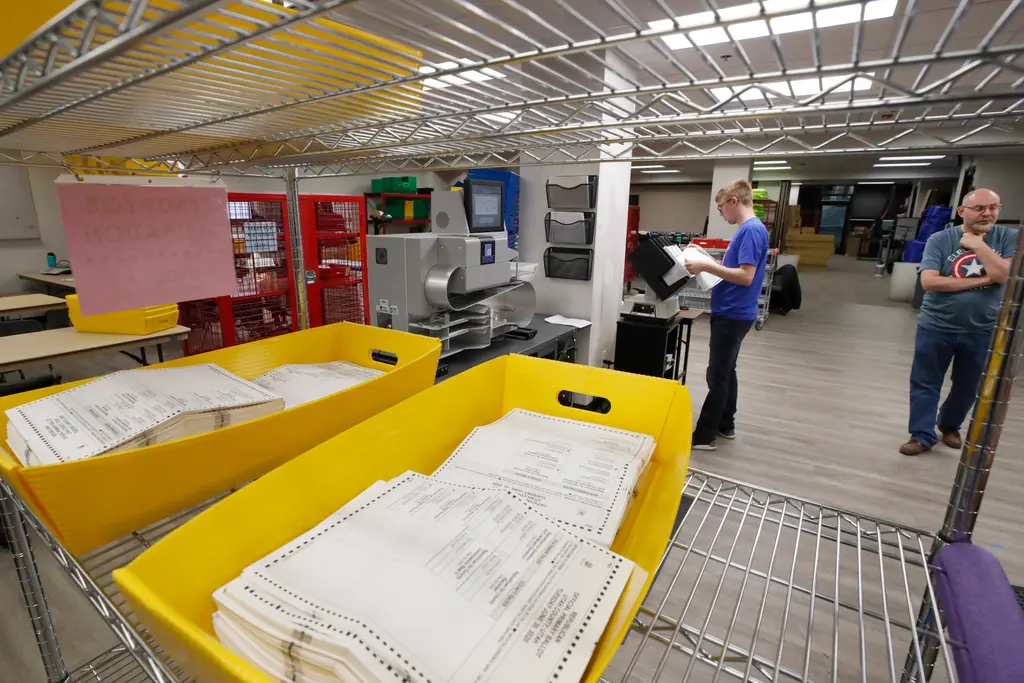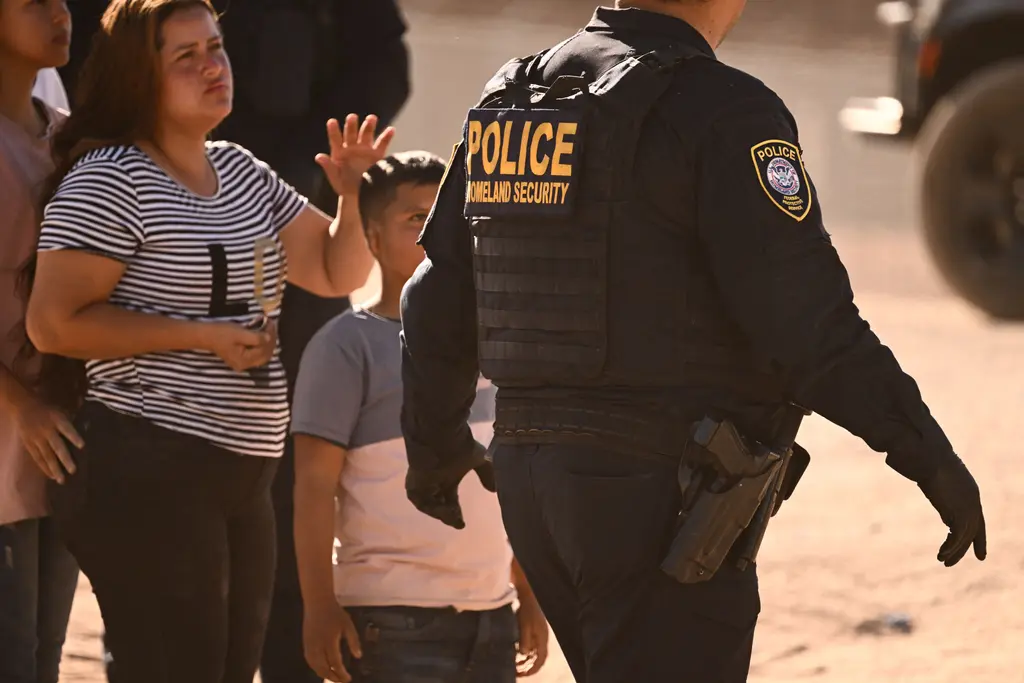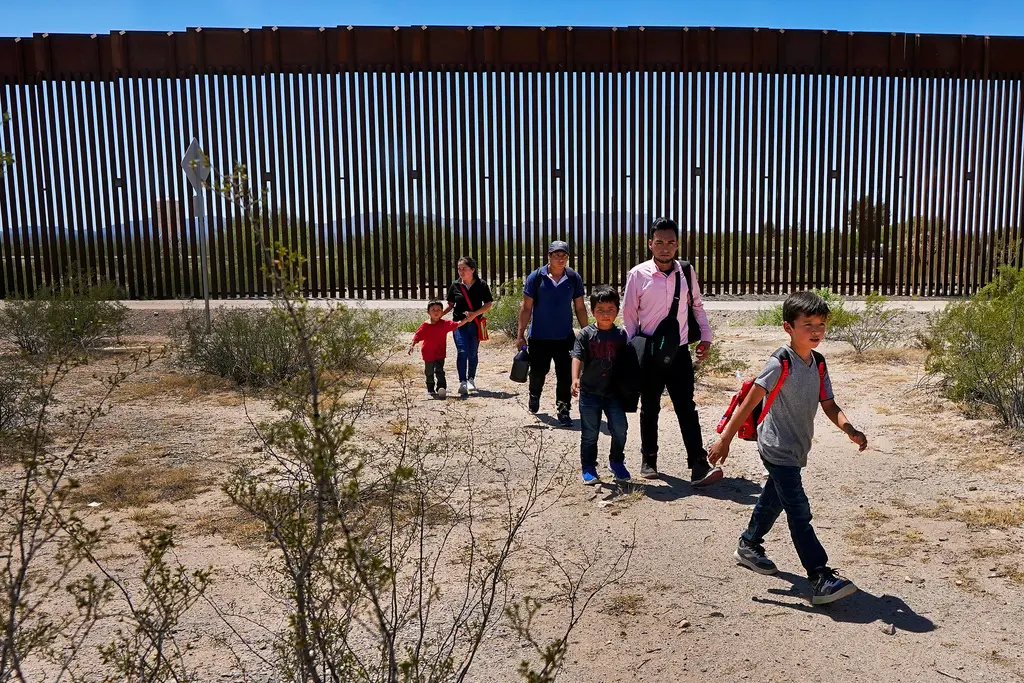Puerto Rican Americans deserve full equality and representation

Last November, in a historic referendum vote, the U.S. citizens in Puerto Rico sent Congress a clear message that they are calling for statehood, for ission into the Union, and for full voting representation. I strongly believe we have a moral responsibility to respond.
That’s why I am ing a bipartisan, bicameral coalition to introduce the Puerto Rico ission Act to set out a clear process to move forward on formally itting the Puerto Rico, on an equal footing with the rest of our 50 states. Under this process, Puerto Rico would be itted as a state if voters in the territory ratify ission in a federally-sponsored “yes-or-no” resolution. That is the exact same path that former territories have followed to achieve statehood, including Alaska and Hawaii in the 1950s.
You may be wondering why, as New Mexico’s senator, I have taken such a strong interest in Puerto Rico statehood. The answer lies in part in all that I have learned over the years as a member of both the House Natural Resources Committee and now the Senate Energy and Natural Resources Committee, which each have jurisdiction over issues in U.S. territories like Puerto Rico.
Without full representation here in Congress, Americans living in our U.S. territories—most of whom are people of color—are effectively treated like second-class citizens. Despite their numerous contributions to our nation, citizens of our territories do not get a say in Congress or in who we elect as President. Americans living in Puerto Rico also routinely fail to receive enough critical investments in education and infrastructure. As we saw in the heartbreaking aftermath of Hurricane Maria, the Island also deserves greater federal attention and assistance in response to major disasters.
The unequal territorial status for the millions of U.S. citizens living in Puerto Rico is clearly and morally wrong, and it should not be the American way.
My other reason for standing with the people of Puerto Rico is that my home state of New Mexico shares a similar history of struggle to achieve statehood, and the full recognition and representation that comes with it. Just like Puerto Rico, New Mexico became a U.S. territory after a war with a Spanish-speaking country. For over six decades after the Mexican American War, Americans—and of Congress—denied New Mexico statehood.
Más sobre Opinion
Some opponents such as Indiana Senator Albert Beveridge, who chaired the Senate Committee on Territories, raised overtly racist concerns about the loyalty of the Hispanic and Spanish-speaking people in New Mexico and whether or residents needed to be “Americanized” before we could be itted as a state. There were even abhorrent debates in Congress about whether New Mexicans were intelligent enough to be capable of choosing our own leaders.
Other politically-motivated of Congress worried New Mexico’s ission into the Union might tilt the two-party balance of seats in the House and Senate because, at the time, New Mexico was decidedly Republican. Wealthy outside interests who benefitted economically from the status quo of dysfunctional federally-appointed territorial government in New Mexico also stood in the way of statehood. In whole, there were more than 50 New Mexico statehood bills that languished in Congress over the 64 years that it took before we were finally itted to the Union.
Ironically, it may have been New Mexicans’ outsized contributions in the 1898 Spanish American War—the same war that led to Puerto Rico becoming U.S. territory—that finally proved to leaders in Washington that we deserved full statehood. Almost half of the military volunteers in the 1 st United States Volunteer Cavalry, the regiment that became popularly known as the Rough Riders hailed from the New Mexico Territory, including Governor George Curry.
To repay the debt for their service, the regiment’s famous colonel, and a soon-to-be president, Theodore Roosevelt told the Rough Riders at a reunion in Las Vegas, New Mexico one year after the war that ‘“If New Mexico wants to be a state, I will go down to Washington to speak for her and do anything I can.”
It still took twelve more years and even more wrangling with Congress for New Mexicans’ persistent efforts to finally pay off when the Land of Enchantment was itted as the 47th state in 1912. Ever since, our state’s proud and diverse people have elected representatives from both parties to send to Washington, patriotically contributed to our nation, and received the full benefits and resources that come to citizens with fair representation in the United States of America.
It is long past time for our fellow American citizens living in Puerto Rico deserve to receive this same respect and treatment. Over the years, more than 325,000 Puerto Ricans have honorably served our country in uniform, including thousands of combat veterans who served in Iraq and Afghanistan. Puerto Ricans pay taxes, pay into Social Security and Medicare, and contribute to our economy and culture.
We like to say that all Americans are created equal. But without representation in Congress, millions of American citizens living in Puerto Rico are clearly at a disadvantage. It is my sincere hope that now is the time for our country to finally right this injustice. Allowing Puerto Rico to finally achieve statehood and receive full representation in the United States government is long, long overdue.
Note: We selected this Op-Ed to be published in our opinion section as a contribution to public debate. The views and opinions expressed in this column are those of its author(s) and do not reflect the views or the editorial line of Univision News.



